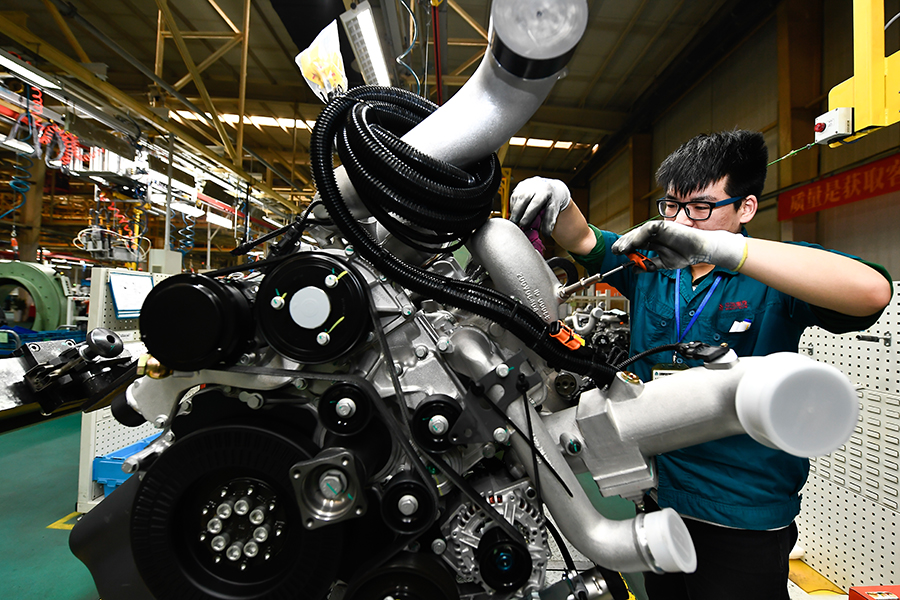External headwinds fail to stymie tech progress


Scientific research is an indispensable part of the system to incubate innovative ideas. This month, the State Council, China's Cabinet, decided to revamp the leading group for science, technology and education into a new body that specifically oversees the country's sci-tech sector.
The National Science and Technology Leading Group will be headed by Premier Li Keqiang, who chaired its predecessor, the National Science, Technology and Education Leading Group, since 2013. Vice-Premier Liu He will be the group's deputy head.
The new group will study and review national strategies, plans and major policies in science and technology, deliberate on and approve the country's major sci-tech missions and programs, and coordinate major sci-tech affairs among State Council departments, and between these departments and local governments.
Last month, the central authorities issued a guideline to improve the methods and efficiency of research by 2020, aiming to better allocate resources and motivate researchers to enhance innovation ability.
According to the document, the government will streamline the mechanisms to evaluate research programs and the academic performance of researchers and research institutes. Research programs for different disciplines will have different assessment standards and procedures.
While acquiring new technological knowledge, Chinese companies are looking to expand and consolidate in global markets.
For instance, Li& Fung Ltd, a leading global supply chain solutions partner for consumer brands and retailers, has been reallocating its production to other markets beyond the US to mitigate the potential effects of trade tensions between China and the US, according to Chang Ka Mun, managing director of Li & Fung Development (China).
Wang Bozhi, chairman of China National Heavy Duty Truck Group Corp, one of the largest commercial vehicle manufacturers, said the company is charting new paths into the international market.
Since 2004, the company, better known as Sinotruk, has sold about 350,000 heavy-duty trucks to 116 countries and regions. These markets cover the emerging economies of Central Asia, Africa, the Middle East and South America, as well as developed markets such as Australia and Ireland.




































